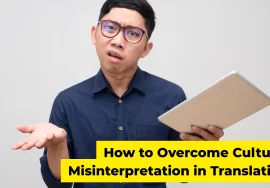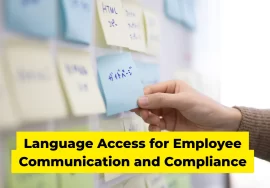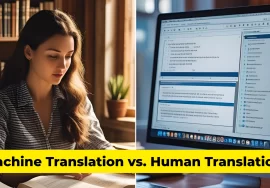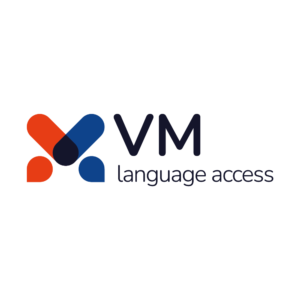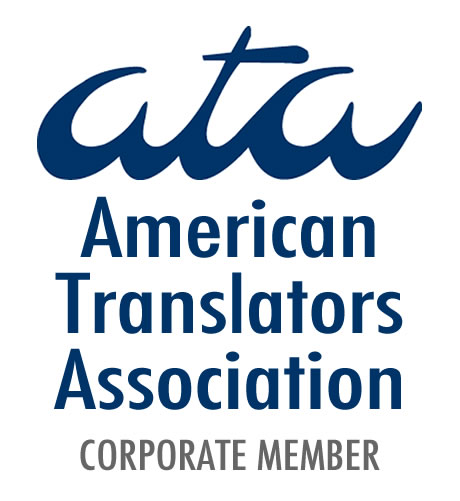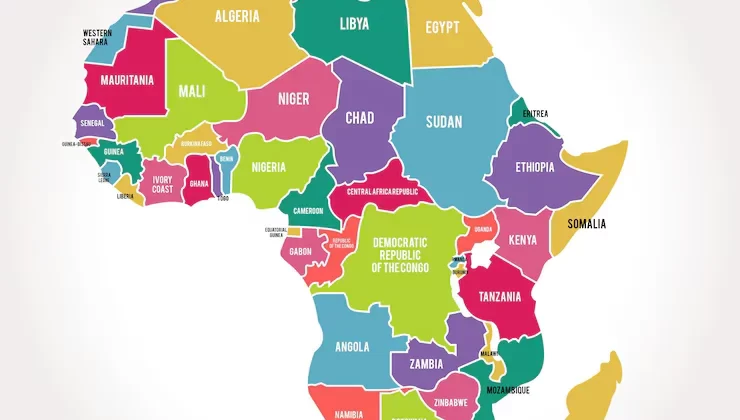
Translation of African Languages
Effective communication across languages and cultures is essential. The translation of African languages plays a crucial role in fostering understanding and connection among diverse populations. This article delves into the importance of translating African languages, the role of language service providers (LSPs), and highlights VM Language Access, a leading company in the industry.
The Growing Demand for Translation of African Languages
Demographic Changes and Cultural Diversity
The demographic landscape is rapidly evolving, with an increasing number of African immigrants and communities worldwide. This cultural diversity has amplified the need for effective communication in various African languages, ensuring inclusivity and accessibility in numerous sectors.
High-Demand Sectors for Translation of African Languages
Several sectors have seen a surge in demand for Translation of African Languages, including healthcare, legal, education, and corporate environments. Accurate translation is vital in these fields to provide essential services and support to African language-speaking individuals.
Key African Languages
Commonly Spoken African Languages
Africa is home to a vast array of languages, each with unique linguistic characteristics. Some of the most commonly spoken African languages include Swahili, Yoruba, Amharic, Zulu, and Hausa. These languages are not only spoken in Africa but also by diaspora communities around the globe.
Find the ISO codes for African languages clicking here.
Essential Blocks for Gutenberg
For an estimate, click the button below!
Regional and Cultural Variations
African languages exhibit significant regional and cultural variations. Understanding these nuances is crucial for accurate translation, as even slight differences in dialects can change the meaning of a message.
Challenges in Translating African Languages
Dialectal Differences and Nuances
One of the main challenges in translating African languages is managing the diverse dialects and regional variations. Translators must have deep linguistic knowledge and cultural understanding to navigate these complexities.
Technical Terminology and Industry-Specific Jargon
Accurate translation of technical terminology and industry-specific jargon requires specialized knowledge. This is particularly important in fields like healthcare and legal services, where precise language is critical.
Ensuring Cultural Sensitivity and Accuracy
Cultural sensitivity is paramount in translation to ensure that the message is not only accurate but also resonates with the target audience. This involves understanding cultural contexts and avoiding potential misinterpretations.
Role of Language Service Providers
Services Offered by LSPs
Language service providers offer a range of services including translation, interpretation, localization, transcription and cultural consulting. These services are designed to meet the diverse needs of their clients and ensure effective communication across languages.
Importance of Professional Translation Services
Professional translation services are essential for maintaining the accuracy and integrity of the original message. They provide the expertise needed to handle complex translations and ensure cultural nuances are respected.
VM Language Access stands out as a premier language service provider, renowned for its commitment to quality and customer satisfaction. The company offers comprehensive language services, specializing in the translation of African languages to meet the growing demand.
VM Language Access: Leading the Way
Case Study: VM Language Access
Company Overview
VM Language Access is dedicated to eliminating language barriers and promoting global communication. The company’s vision is to be the leading provider of professional language solutions worldwide.
Vision and Mission
VM Language Access envisions a world where language is no longer a barrier but a pathway to meaningful connections and understanding. The company is committed to setting new standards in the language industry through quality, innovation, and customer satisfaction.
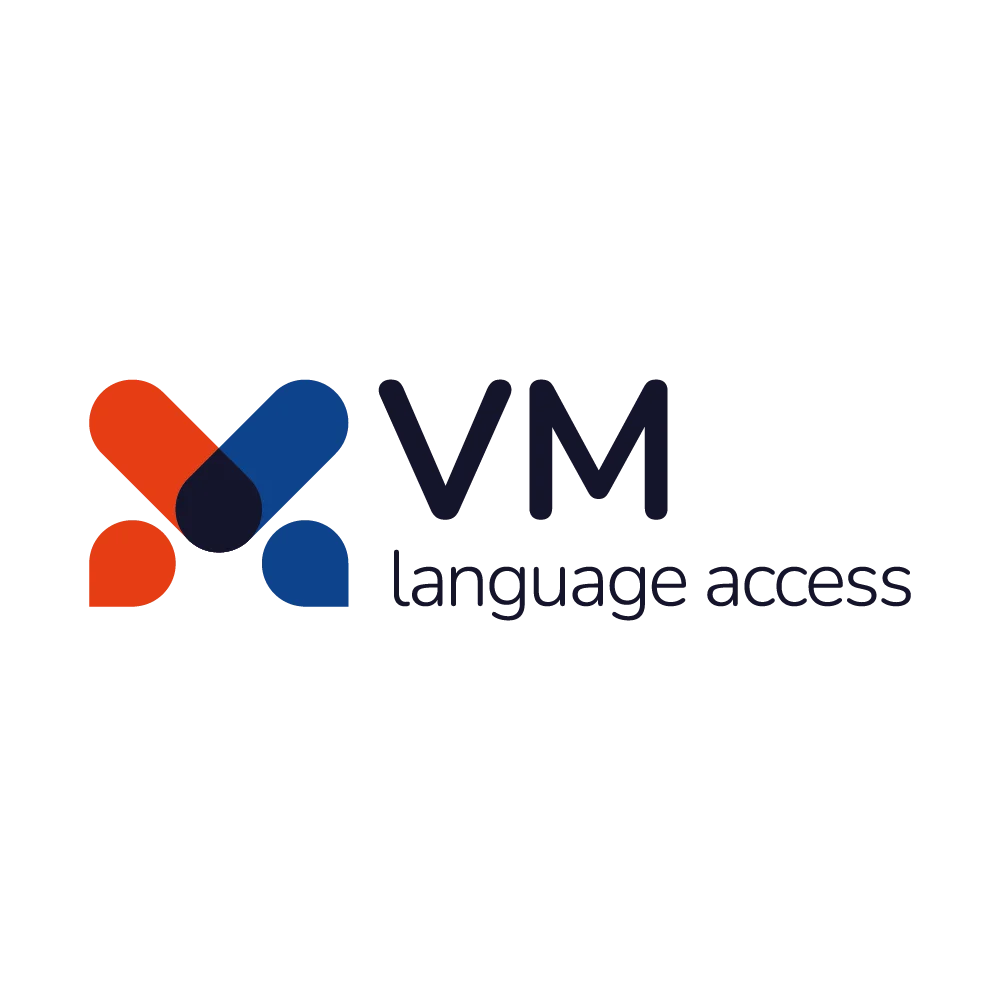
Services and Specializations
The company offers a wide range of services including translation, interpretation, localization, transcription, and cultural consulting. These services are tailored to meet the specific needs of their clients, particularly in the translation of African languages.
Commitment to Quality, Innovation, and Customer Satisfaction
VM Language Access combines advanced translation technologies with the expertise of skilled linguists to deliver accurate and culturally nuanced language solutions. Their commitment to continuous improvement and client-focused solutions sets them apart in the industry.
Best Practices for African Language Translation
Utilizing Advanced Translation Technologies
Leveraging advanced translation technologies, such as translation memory and machine translation, can enhance efficiency and consistency in translations. These tools help manage large volumes of work and maintain high standards of accuracy.
Importance of Human Expertise
Despite technological advancements, human expertise remains crucial in translation. Skilled linguists bring cultural understanding and contextual knowledge that machines cannot replicate, ensuring that translations are both accurate and culturally appropriate.
Continuous Training and Quality Assurance
Continuous training for translators and rigorous quality assurance processes are essential to maintaining high standards. Investing in professional development and implementing strict review protocols helps ensure the quality and reliability of translation services.
Future Trends in African Language Translation
Technological Advancements
Emerging technologies, such as AI-driven translation tools and remote interpretation services, are revolutionizing the language service industry. These advancements make translation more accessible and efficient, meeting the growing demand for multilingual communication.
Growing Demand for Multilingual Services
As global populations become more diverse, the need for multilingual services continues to rise. This trend highlights the importance of skilled translators who can bridge language gaps and facilitate effective communication.
Predicting Future Needs and Opportunities
Staying ahead of future trends and regulatory changes is crucial for language service providers. Anticipating the evolving needs of clients and adapting to new technologies will be key to maintaining relevance and excellence in the industry.
To wrap up, the translation of African languages is vital for fostering inclusive and effective communication in a multicultural world. Language service providers, like VM Language Access, play a critical role in delivering high-quality, culturally nuanced translations that bridge language gaps and support diverse communities.
FAQs
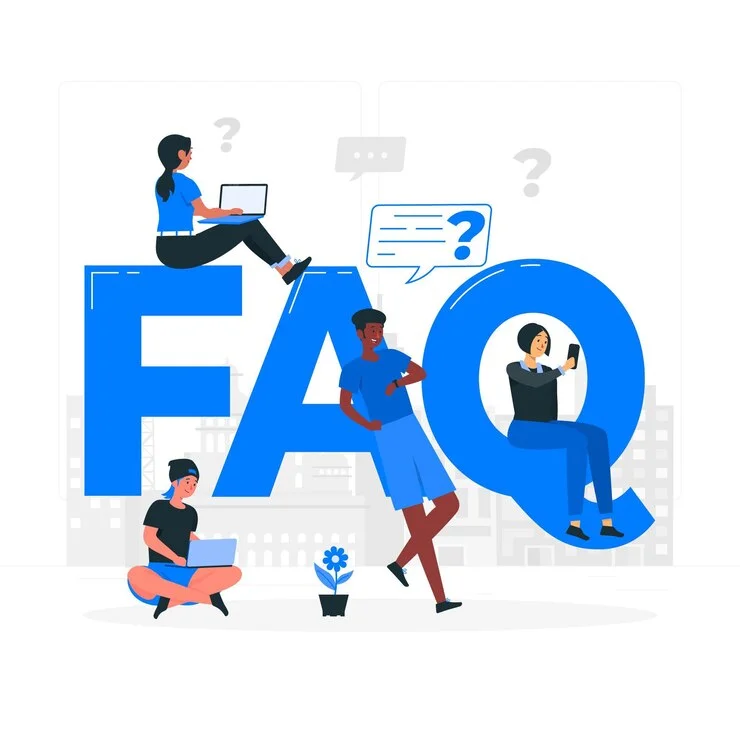
What are the key benefits of translating African languages?
- Translating African languages ensures effective communication, inclusivity, and accessibility for African language-speaking individuals in various sectors.
How does VM Language Access ensure high-quality translations?
- VM Language Access combines advanced translation technologies with experienced linguists and rigorous quality assurance processes to deliver accurate and culturally sensitive translations.
What sectors benefit the most from African language translation services?
- Sectors such as healthcare, legal, education, and corporate environments benefit significantly from African language translation services.
What are the main challenges in translating African languages?
- Challenges include managing dialectal differences, translating technical terminology, and ensuring cultural sensitivity and accuracy.
How can businesses choose the best language service provider?
- Businesses should look for providers with a proven track record, advanced technologies, skilled linguists, and a commitment to quality and customer satisfaction, such as VM Language Access.
Key Takeaways
- The importance of translating African languages: Effective communication in African languages is crucial for inclusivity and accessibility in various sectors.
- VM Language Access’s role: VM Language Access is a leading provider, offering high-quality, culturally nuanced translation services.
- Challenges in translation: Managing dialectal differences, technical terminology, and cultural sensitivity are key challenges in translating African languages.
- Best practices: Utilizing advanced technologies, human expertise, and continuous training are essential for high-quality translation.
- Future trends: Technological advancements and the growing demand for multilingual services highlight the need for skilled translators and innovative solutions.
By understanding the significance of translating African languages and the essential role of language service providers, businesses and organizations can better serve diverse populations and foster meaningful global communication.




